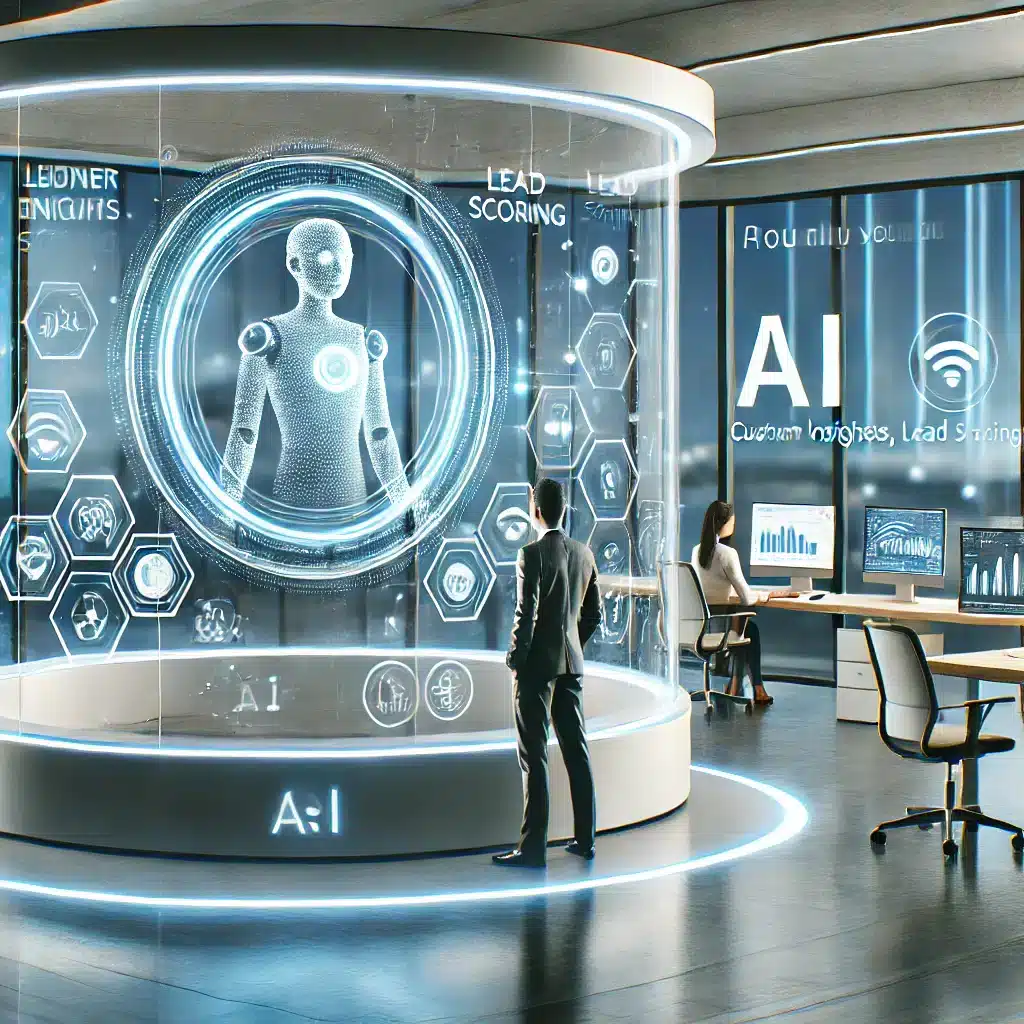Introduction to AI in Logistics
AI in logistics has become a game-changer. It optimizes operations and reduces costs. For example, companies are now using advanced technologies to tackle their logistical challenges more effectively.
AI Innovations in Manufacturing and Robotics
Vention, an industrial automation developer, is at the forefront of this advancement. The company unveiled AI-powered enhancements. These improvements target manufacturing and robotics.
Their new MachineMotion AI controller brings AI to the factory floor. It controls automated applications, including robots and conveyors. Moreover, it bridges the gap between traditional PLCs and modern robot programming environments. With this innovation, development and deployment of factory robots become simpler.
MachineMotion AI runs on the Nvidia Jetson platform for edge AI and robotics. Consequently, it allows manufacturers of all sizes to benefit from AI-enabled robots. This includes features like 2D/3D perception models for path planning. In addition, the unit supports many robot brands, making it widely applicable.
Vention didn’t stop at hardware upgrades. They also updated their MAP software programs. The MachineBuilder and MachineLogic updates include generative AI tools. These tools assist in design and programming, further streamlining processes.
AI in Planning and Scheduling
Timefold, a Belgian startup, raised $6.7 million for its AI scheduling platform. Timefold helps industries like transport and logistics plan more efficiently.
This AI technology optimizes planning for complex logistical problems. For instance, it helps route last-mile deliveries and manage employee shifts. The platform uses a proprietary algorithm based on the open-source OptaPlanner project. Thus, it provides extendable planning models.
Timefold collaborates with companies like Deutsche Bahn and Palantir. Their software analyzes business data and offers tailored planning solutions. Geoffrey De Smet, CTO, believes effective scheduling is rare yet critical. Therefore, Timefold’s AI simplifies this essential aspect of logistics.
Funding from VC firm Lakestar will expand Timefold’s reach. The company plans to grow its platform and increase its headcount. Ultimately, their goal is to solve complex planning problems on a broader scale.
Conclusion: The Future of AI in Logistics
In summary, AI is revolutionizing logistics by optimizing operations and reducing costs. Whether through Vention’s enhancements in manufacturing or Timefold’s scheduling platform, the benefits are clear. More companies will likely adopt AI to streamline their logistics, making the sector more efficient and cost-effective.
The future of logistics lies in AI’s ability to simplify complex processes and deliver superior solutions. As a result, those who embrace these technologies will lead the industry forward.



